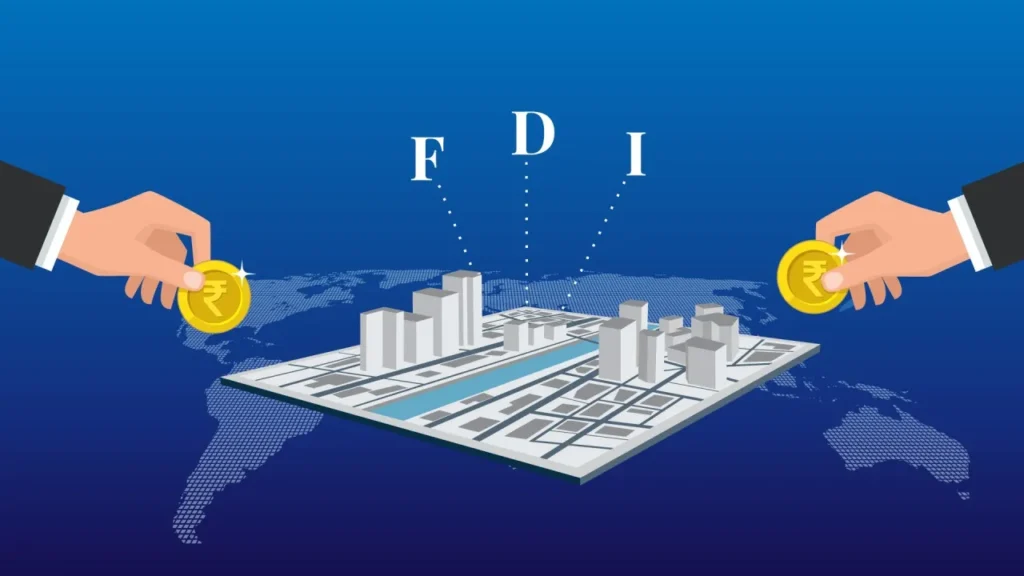Pakistan’s information technology (IT) sector is gearing up for a significant boost as a prominent European software company announces its plans to expand operations in the country. This strategic move signals Pakistan’s growing stature in the global tech landscape and its potential to become a hub for technological innovation and expertise.

Pakistan: A Chance to Give Europe a Boost
With the announcement of expansion of one already recognized European software company in Pakistan, the IT sector of this country is going to get the much-needed push. It will be an important milestone in raising Pakistan’s stature in the international scheme of things and may also evolve as the technological and knowledge hub for other regions.
Why Pakistan? The Strategic Logic
This move to Pakistan would, therefore, say well for the booming IT ecosystem of the country. With a relatively young population and a high-tech-skilled workforce along with lower operational costs, all those elements which would attract any international company looking for diversification and expansion, would be present in Pakistan.
As according to the Pakistan Software Export Board, now the IT exports of the country have crossed $2.6 billion with about a 47% growth rate in recent years. Obviously, the growth is an indicator that the world has realized the potential of Pakistan in developing software, data analytics, cloud computing, and artificial intelligence.
An anonymous European software house plans to form its strong footprint in Pakistan as the leader in the realm of enterprise software solutions and digital transformation service solutions, but it is expecting expansion developing its development centers in places like Karachi, Lahore, or Islamabad.
It aligns well with Pakistan’s “Digital Pakistan” vision which looks to have infrastructure digitize, develop IT skills and most importantly, innovation. So that might just be the first stepping stone towards changing the very way things work locally when it comes to tech.

Benefits This Growth Brings
1. Employment
This would mean thousands of high paying jobs for IT skill professionals, software engineers and project managers into the country.
2. Technology Transfer
This would be companies and universities at the local level that the software giant would interact with as a way of transferring the latest technologies, tools, and practices so as to quicken the pace of developing the IT industry in Pakistan.
3. Boost to Startups
The entry of a global player will motivate start-ups and SMEs to raise the bar, to embrace the most recent best practices and to throw open their floodgates to international access as well.
4. FDI
Expansions will further attract inflows of FDI into the country required to gain economic stability along with technological advancement in Pakistan.
Though such progressive development occurs while handling multiple issues for the purpose of being successfully delivered:

1. Infra- Development
Such infrastructures, economic, are needed now; development has already been taken towards more construction of more efficient digital as well as physical infrastructures for mass operations in case IT’s going to be launched in Pakistan.
2. Policy Frame-Work
This can be done through lucid and facilitative government policies that can make it investor-friendly. In this manner, red tapism in the bureaucracy could be reduced and tax incentives may be given to attract more international investment.
3. Improvement in Talent Pool
Pakistan has a pool of IT professionals that is sufficient, but what is lacking here is specialized training programs in accordance with local talent with global industry standards.
This entry by a major European software company into Pakistan will further fuel the IT sector of Pakistan as this ripple effect that this move will be having all around will increase. It will make Pakistan an even more attractive outsourcing destination to the European markets, wherein India and Philippines will surely feel easy in the global market.
This will also bring many more international tech majors to invest in Pakistan with even further competitive and collaborative IT market setting up in the country.
Role of Government and Industry Leaders
This growth needs to be embraced by the government of Pakistan with the help of industry pioneers so that these issues can be encountered, and maximum benefits may be gained out of this expansion. The measures related to long-term growth also involve improvements in internet connectivity, the cyber security measure, and linkages among academia and industry for better support.
Investments, further brought in Government initiatives like STZ and FII would only multiply the success if promoted proactively, so as for more participation the public-private partnership needs to become operational at best towards helping accomplish these visions.







